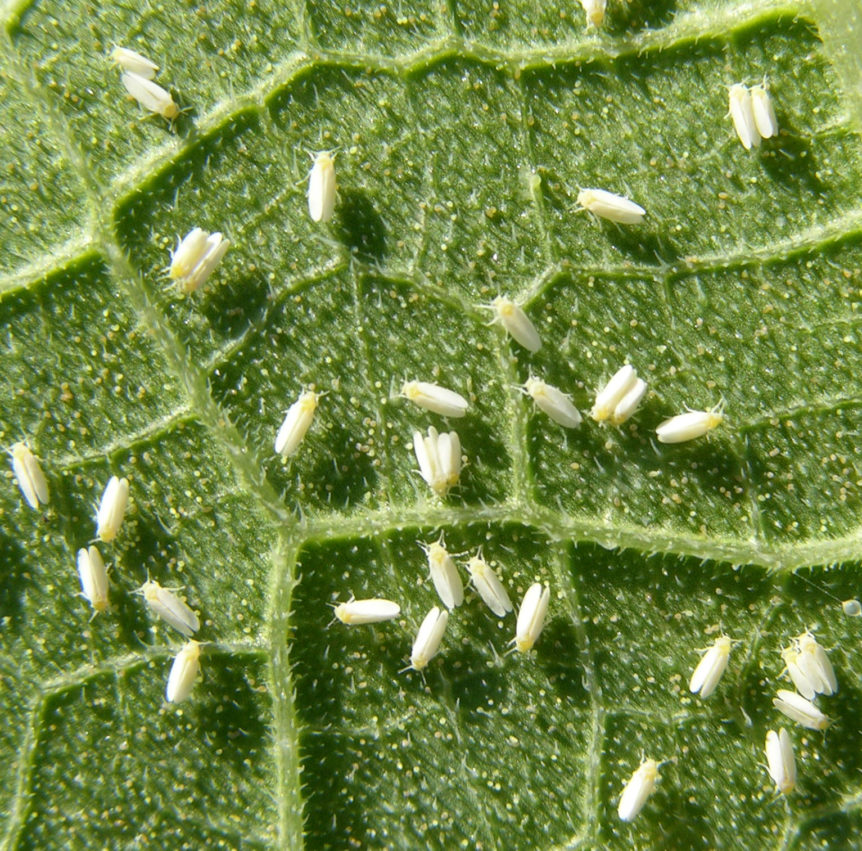
By Clint Thompson
The current hot and dry weather conditions have one University of Georgia (UGA) entomologist concerned that whitefly and spider mite pressure will soon intensify in vegetable crops.
Stormy Sparks, UGA Cooperative Extension vegetable entomologist, talked about both insects during a vegetable training with Extension agents last week.
“Right now, we’re worried about whiteflies building up. They’re very, very low populations, but hot and dry, you worry about whiteflies,” Sparks said. “The other thing you would worry about with it turning hot and dry are spider mites. In some of the cucurbits where we’re spraying to prevent damage by caterpillars, if you use broad spectrum products, you could flare spider mites fairly easily, and then just the weather itself could flare them.”
Sparks used the looming threat of whiteflies and spider mites to continue emphasizing the importance of scouting. Growers can’t manage their vegetables effectively if they don’t know what is threatening their crop; whether it be a pest or disease.
“You’re always looking just in case,” Sparks said. “With these conditions, hot and dry, spider mites and whiteflies will start building.”
South Georgia vegetable growers have mostly dodged significant insect infestations this spring due to excessive rainfall. It has suppressed insect populations though spurred disease pressure in some fields.
“Spider mites, thrips, with as heavy of rains as we have had, it really knocks them down quite a bit,” Sparks said. “With vegetables, it helps with insects. It’s more of a concern with diseases.”
Whiteflies can vector multiple viruses, including cucurbit leaf crumple virus and cucurbit yellow stunting disorder virus. According to UGA crop loss estimates for fall 2017, these viruses caused between 30% and 50% crop loss in squash and cucumbers and nearly 80% crop loss in snap beans that year.










